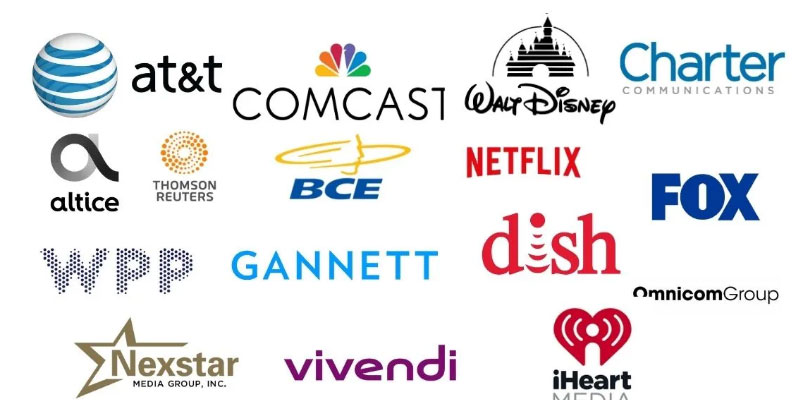
Find out what escrow is, how it often works in real estate transactions, and why it's essential for buyers and sellers to understand this concept. The following is an explanation of how escrow accounts function and some of the potential expenses associated with utilizing one.
What Exactly Is An Escrow?
Escrow is an agreement between two parties in which money or property is managed by a neutral third party responsible for keeping those monies or property secure and managing how and when they are distributed. In sum, escrow is an arrangement. Escrow is an arrangement. Other types of transactions outside the sale of real estate might also use escrow services. However, in the real estate industry, escrow is most commonly used to manage transactions related to the sale of real estate. These transactions include the distribution of earnest money deposits before closing a sale, the distribution of funds at closing a sale, and the distribution of funds and payments necessary for property taxes and insurance after a sale.
Reasons You Need To Use Escrow Accounts
The use of escrow accounts, also frequently referred to as "impound accounts," provides advantages for the purchaser at various phases of the house-buying process and for the mortgage lender if the home purchase is financed.
Protection for Buyers
The most prevalent use of escrow services in the real estate industry is to store earnest money. This is a deposit that a buyer provides after signing a purchase agreement, showing that the buyer is serious about purchasing the property.
Protection for Lenders
Mortgage lenders are another party that often uses escrow accounts in the real estate industry. After the sale of a house is finalized, many mortgage lenders may add the expected costs of property taxes, mortgage insurance, and homeowner's insurance premiums to the borrower's monthly mortgage payment rather than relying on the borrower to pay these charges on time. The mortgage servicer makes the subsequent deposit of these "excess" money into an escrow account and assumes responsibility for the timely payment of the associated liabilities.

How the Real Estate Escrow Process Operates
Now that we understand why escrow plays such a vital role in the real estate industry let's look at some of the intricacies of selling a house.
Using Escrow for Earnest Money
Ask your real estate agent about the standard procedure for making an earnest money deposit if you are purchasing a property and will be doing so. You could find a real estate agent or broker who will handle the escrow procedure on your behalf; you might be required to set up escrow on your own, or the title business you want to work with for the closing might take care of the deposit.
Utilizing Escrow for Recurring Tax Payments
Escrow is something that many lenders require, and in certain instances, it may even be legally mandatory. If your lender does need escrow, the mortgage servicer will be responsible for managing the escrow account and making payments for the taxes and insurance premiums at the appropriate times. Even if you have escrow, there is a good chance that you will continue to receive notifications of your property taxes and insurance payments. There is a possibility that the statements will mention that they are not bills and that your lender has already been informed. It is recommended that you contact the company that services your mortgage if you are unsure whether or not the lender has been informed.
Understanding Escrow Statements
It is necessary by law for lenders to provide borrowers with their closing disclosure paperwork at least three days before a deal is finalized. This allows purchasers to evaluate the specifics of their financing and ask about any concerns.
If Your Lender Doesn't Require Account
When the time comes to pay your taxes and insurance payments, which may be substantial amounts of money, you won't be caught off guard or unprepared. You should get in touch with your financial institution and let them know that you need to create your own account. They will assist you in setting it up and collecting the necessary information.
The Cost of Escrow Fees
When the closing day comes, a percentage of the closing expenses will be allocated toward the escrow fees. Depending on the particulars of the transaction, the buyer, the seller, or both of them may be responsible for making these payments.

The buyer and the seller have mutually agreed to engage a third party known as an escrow agent to assist with the paperwork, closing procedure, and distribution of monies. These costs are paid to the escrow agent by the buyer. An attorney, a title business, or an escrow company might serve as this transaction's escrow agent.


